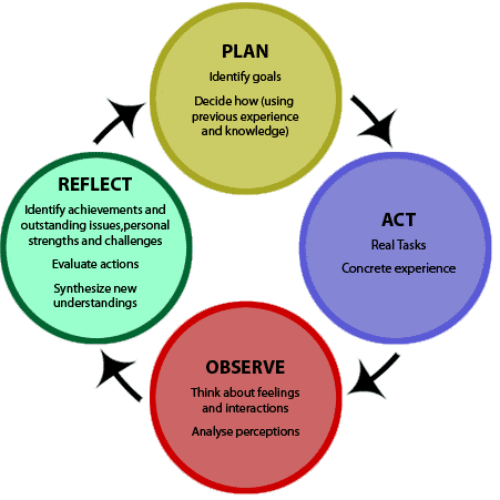Reflective practice is a key skill within coach development

"Teaching to the middle of the class" as an approach to group education was a longheld strategy in American school systems.
We’ve come a long way since then.
Coaches, reflect on key moments in your life when you really learned something. Answer these questions to help:
- Where did the best learning happen?
- What learning took place?
- What strategies or tools did you use to support the learning?
- How do you know you learned?
- At what point did you know it was effective?
- Was anyone else involved?
- How did other people support your learning?
Did the most powerful lessons sink in when someone was actively teaching, or did it happen somewhere else?
Athletes learn on the field, in the gym, in the weight room and even inside the locker room among their peers. So can coaches.
Coaches learn through on-going interaction with players, parents and other coaches. They also learn from modelling, through observation and by listening and problem solving in real-life situations.
Simply acquiring experiences en masse does not guarantee coaching competence or success. It is through the integration of experience and knowledge in a meaningful way that promotes learning and in turn develops expertise.
Pioneering work into experiential learning conducted by David Kolb is widely used across all domains, including sport and education, as a reference point to support learning and development. Through experiential learning, reflective practice and critical analysis comes improvement.
Experiential learning is the process of gaining knowledge through experience and reflecting on what you have done.
Reflective practice is the process by which individuals stop and think about what they do, consciously analyze decision making, draw on theory and relate it to what they do.
Critical analysis and evaluation refocuses thinking on existing knowledge and helps generate new knowledge and ideas.
Improvement comes by applying those reflections quite deliberately in the next practice opportunity.

I would argue that reflective practice is the most critical phase of this learning cycle if the end result is enhanced knowledge and cultivated expertise. Thinking about reflection, consider the following:
- Do you engage in reflective practice?
- How often do you reflect?
- When do you reflect?
- Where do you reflect?
- Is reflective practice undertaken deliberately? How do you do it?
- How long do you reflect for?
- What tools do you use to reflect?
- How do you use the thinking you generate?
- Does anyone else help you reflect? How?
- Do you help others reflect? How?
Learning to reflect, whether during or after an activity, is a skill that involves several steps. There are many self-reflection cycles that you can use as a framework to guide a reflective practice. Graham Gibbs's model is one the most widely used:

Look at this cycle and locate where you typically start your reflection process. This may vary according to the task, situation and context, but what is critical is that you navigate through each stage of the process to close the learning loop.
Reflective practice involves creating a daily habit, structure and routine. Your challenge is to identify the focus for your reflections and development. You will need to dedicate the time, opportunity, tools and resources to integrate this into your daily practices.
Challenge yourself to try reflective practice every day in order to enhance your skills. Consider how you reflect and as a result you may see your strategies, tools and focus in a different light.
Coaches tell players all the time to develop better habits to become better players.
What difference can you make with better knowledge, skills and impact to share with your athletes?
Sarah McQuade is independent coach education consultant, owner and director of e.t.c consultants and The Coach Learning Group. To learn more about reflective practice, follow the on-line learning links from http://www.thecoachlearninggroup.com.
